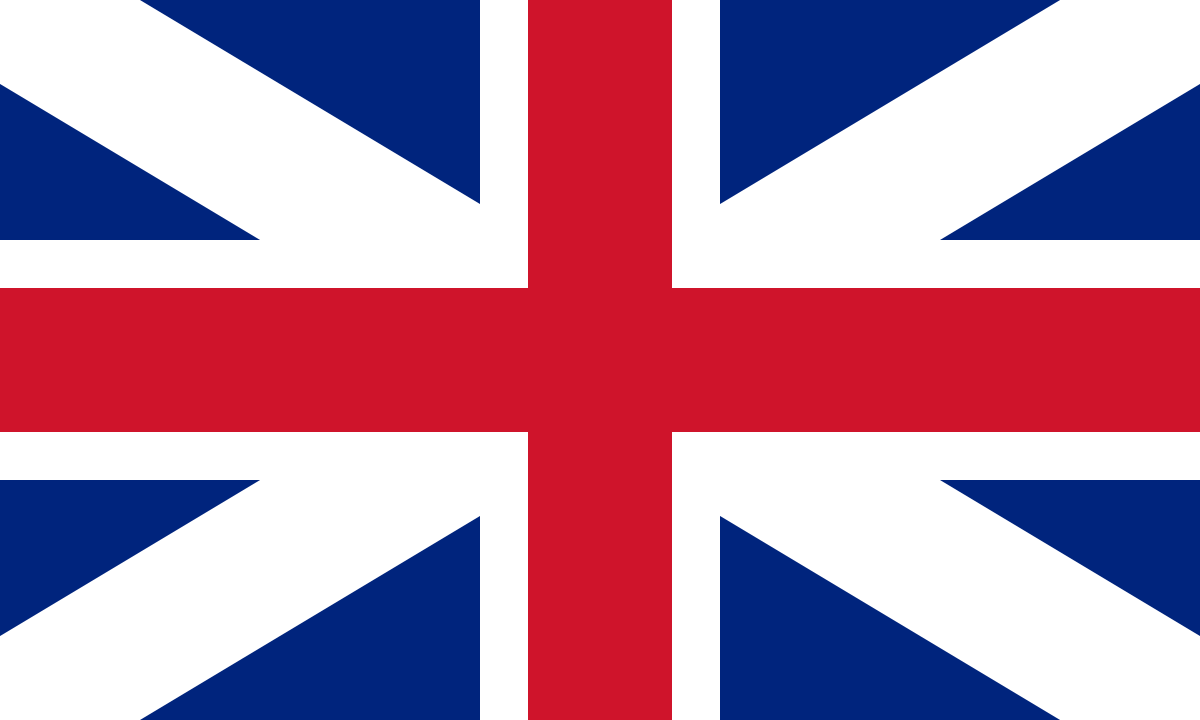In the eighteenth century British merchants outdistanced their old trading rivals, the Dutch, and gradually took the lead over their new competitors, the French. Judged by the touchstones of mercantilism—commerce, colonies, and sea power—Britain was the strongest state in Europe.
The British colonial empire, however, was not a mercantilist undertaking in the fullest sense. Supervision of the colonies rested with the Board of Trade, which followed a policy of “salutary neglect.” In the long run, salutary neglect did not satisfy the colonists, who found British policy neither salutary nor neglectful, but in the short run it promoted the colonists’ prosperity and self-reliance.
The Royal Navy enjoyed the assets of a disciplined officer corps and more ships than any other power possessed. Future captains went to sea at the age of sixteen or even younger and passed through long practical training before receiving commissions. Britain had a twoto-one advantage over France in number of warships, a six-to-one lead in merchant ships, and a ten-to-one lead in total number of experienced seamen, merchant and naval. In wartime the fleet could draw on the merchant marine for additional sailors and auxiliary vessels.
The British army, by contrast, was neither large nor impressive. Its officers were reputed to be the worst in Europe, and many of its soldiers were mercenaries from the German state of Hesse-Cassel, or Hessians. Neglect of the army was a deliberate decision. The British Isles were relatively safe from invasion; moreover, the English people feared a standing army as an instrument of potential absolutism.
The Glorious Revolution, which had done much to confirm distrust of the army, had also confirmed the supremacy of Parliament. Parliament had approved the accession of William and Mary in place of James II. When Anne, Mary’s sister and the last Stuart monarch, died in 1714, Parliament had already arranged for the succession of the house of Hanover.
Under the first kings of the new house—George I (r. 1714-1727) and George II (r. 1727-1760)—the cabinet was only starting to gain authority. George I and George II by no means abdicated all the old royal prerogatives. They often intervened in the conduct of war and diplomacy. They chose their cabinet ministers from the Whig party, then in control of the Commons. They did so, however, not because they were required to, but because it suited their convenience and because they distrusted the Tories, some of whom were involved in Jacobite plots to restore to the throne the descendants of James II (Jacobite from Jacobus, Latin for “James”).
From 1721 to 1742 Robert Walpole, who led the Whigs in the Commons, headed the cabinet; he was in fact prime (or first) minister, although the title was still unofficial. Walpole was a master politician who maintained his majority in the Commons by skillful manipulation. The task was not easy, for party discipline did not yet exist. The terms Whig and Tory referred to shifting interest groups, not to parties in a formal sense.
Under the first two Georges the Whigs were a coalition of landed and “funded” gentry—that is, of nobles and squires from the country and of business and professional men from London and provincial towns. The Whigs thus renewed a political alliance that had first appeared in the later Middle Ages when the knights of the shire had joined the burgesses to form the Commons. Family ties, common political aims, and common respect for property bound together the rural and urban Whigs.
What did terms like gentry and squire connote about social class in the eighteenth century? Historians generally agree that they referred to a class just below the titled nobility. The ranks of the gentry included the younger sons of nobles, technically not nobles themselves since a seat in the House of Lords passed only to the eldest son. They also included other owners of landed estates, all of whom were addressed verbally as “sir” and in writing as “Esquire.”
Historically, the gentry lived off the revenues of landed property, but by the eighteenth century many of them also had a stake in commerce. Successful businessmen sometimes bought country estates, set themselves up as gentlemen, and were often accepted as such by the local gentry. This intermingling of country gentlemen with men of business and the intermarriage of the two classes demonstrated that Britain was experiencing greater social mobility than were the states of the Old Regime on the Continent.
In its social and political structure the Britain of Walpole was not democratic. Only gentlemen could hope to rise in the professions, to become army and navy officers, lawyers, clergymen, and physicians. In local affairs the landed gentry alone supplied the justices of the peace, who presided over courts, fixed wage scales, superintended the relief of the poor, maintained bridges and highways, and defended the propertied classes. Until the 1740s only gentlemen had the right to vote for members of Parliament. The small number of voters in many constituencies encouraged corruption, particularly in the “rotten” or “pocket” boroughs, which had such a tiny electorate that control of their vote reposed in the “pocket” of some wealthy lord.
Thus the ruling classes governed the generally voteless masses. London was already big enough to have slums, crimes of violence, and traffic jams—accompanied by an almost complete lack of police and fire protection. Children generally began to work when they were eight years old.
Yet the British ruling classes, selfish and narrow though they often were, had at their best a sense of public spirit and civic-mindedness toward the less fortunate. Furthermore, the memory of Cromwell’s rebellion and the recurrent food riots because of the effects of the enclosure movement also provided sharp incentives for the nobility to maintain political control.

